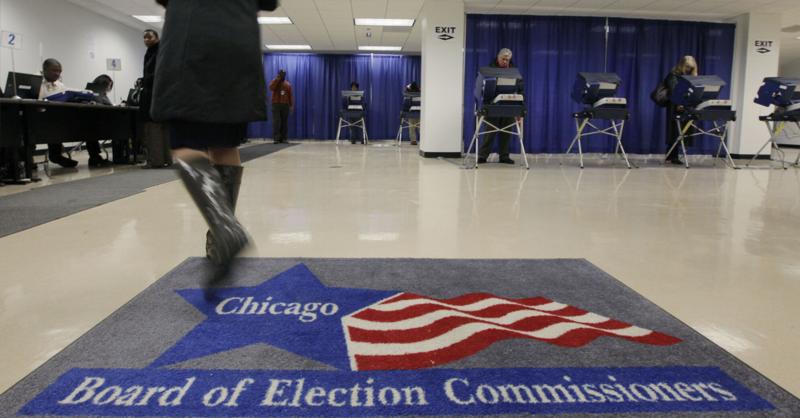(The Center Square) – The fact that a majority of state legislative primaries in Illinois feature either a single candidate or no candidate at all is alarming to a political science professor.
In 12 of 23 races in the Illinois Senate, the winning party is already determined because either no Republican or no Democrat filed to get on the ballot. The same is true in 67 of the 118 races in the House. The number of primaries with a single person running is now over 50%.
Of those statehouse races, eight Senate districts have only a Democrat running where four have only a Republican running. Democrats have a supermajority of the state Senate. In the Illinois House, 44 races have only Democrats running where 23 districts have only a Republican running. Democrats hold a supermajority in that chamber.
Northern Illinois University professor Scot Shraufnagel said a lack of funding is keeping many from running for office.
“Back in the 90s there was a lot of talk about capping spending in elections and it’s done routinely in countries with democracies around the world, but that debate has sort of fallen away and the cost to campaign has skyrocketed,” said Shraufnagel.
Some argue that gerrymandering when drawing legislative districts is also to blame as one party gets a huge advantage over the other party.
A report issued last year that highlights the redistricting process in the U.S. gave Illinois the worst grade in the country. The anti-gerrymandering group Common Cause gave Illinois an “F” grade, citing a lack of public participation that has routinely impeded producing maps that are reflective of the state’s demographics.
Shraufnagel said the state’s lack of participation follows a national trend and is also caused by political polarization. In the end, he said, it’s bad for governance.
“Members who have to face electoral competition are better representatives of their constituents and do a better job overall running the government,” said Shraufnagel.
Illinois’ primary election will be held March 19.







